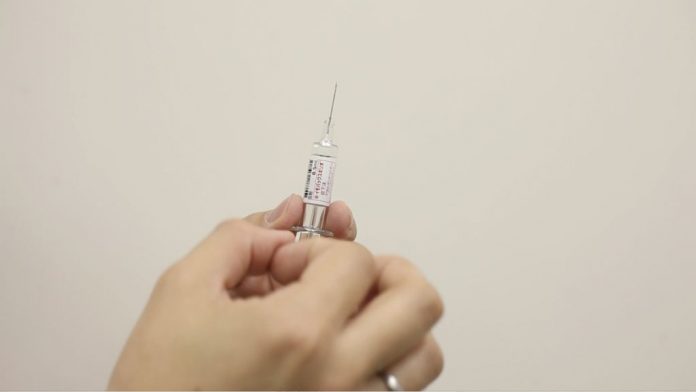The European Parliament’s Health Committee MEPs agreed on March 20 that public confidence in vaccination is a major challenge and has already brought about health consequences, such as avoidable measles outbreaks.
The MEPs noted with concern that epidemiological data show significant gaps in vaccines being accepted and insufficient coverage rates to ensure the public is adequately protected from vaccine-preventable diseases, in a resolution adopted.
They said vaccines are rigorously tested through multiple stages of trials and regularly reassessed. They also welcomed the forthcoming launch of a Joint Action, co-funded by the EU Health Programme, aimed at increasing the number of people who have been vaccinated. The European Commission should reinforce its support for national vaccination efforts, they say.
Adopted with 55 votes to 1 and 3 abstentions, the draft resolution will be put to a vote in the full House in Strasbourg in April or May.
The European Commission will also present an initiative for a strengthened cooperation against vaccine preventable diseases in the second quarter of 2018.
The European Parliament’s EPP Group spokeswoman, Renate Sommer, called on EU member states to adopt a more active approach to combatting vaccine hesitancy.
“It is extremely worrying that the use of vaccines in the member states is dropping rapidly,” she said. “Just because the problem does not necessarily affect each one of us individually, we cannot pretend it doesn’t exist.”
“In some way, vaccinations are victims of their own success. It is probably because of vaccines’ public health impact that an increasing number of parents and patients are choosing to delay or refuse vaccines,” added Sommer.
In turn, S&D Group stressed the need to fight back against the indifference and hostility towards vaccines. The group’s spokesperson on health, Miriam Dalli, said: “Widespread vaccine hesitancy has become a worrying phenomenon. Untrustworthy online sources are bombarding our citizens with unreliable, misleading and unscientific information, triggering delays or complete refusal in taking necessary vaccines… It is now up to the member states to ensure even coverage and access across Europe.”

